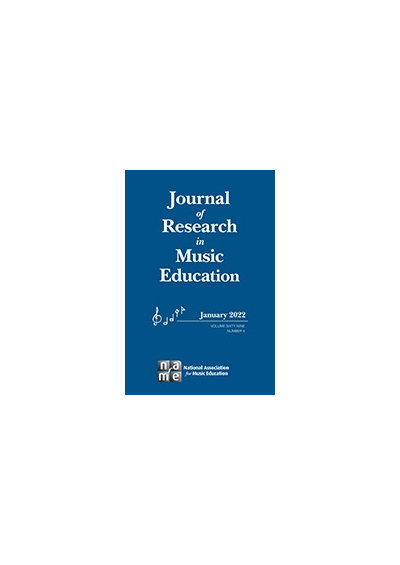Dewey’s Musical Allergy and the Philosophy of Music Education

Thibeault, M. D. (2020). Dewey’s Musical Allergy and the Philosophy of Music Education. Journal of Research in Music Education, 68(1), 31-52.
https://doi.org/10.1177/0022429419896792
This historical study explores John Dewey’s ideas regarding music and music education through primary sources (his published writings, correspondence, and transcriptions of class lectures) and secondary sources (biographies and related scholarly literature). Dewey’s belief that he was unmusical is presented, including via a consideration of his novel conception of rhythm absent musical examples. Despite this belief, this study posits a case for a musical Dewey. This is presented through examples in his work that, while scattered, demonstrate several themes: that music is rooted in ritual and social experience, that it is embodied with regard both to creation and perception, and that it has important connections to everyday life. Dewey’s dislike of jazz is interpreted as a resistance to commercialized and commoditized mass culture. The progressive music program at the University of Chicago’s Laboratory School that Dewey established exemplifies his commitment to music education, and new research connects that progressive program to Hull House and Jane Addams through the shared employment of music teacher Eleanor Smith. The discussion considers how Dewey’s musical ideas complement his painterly aesthetics and also calls for a resistance to unmusicality as a conception, instead turning toward music as innate to all humans.





